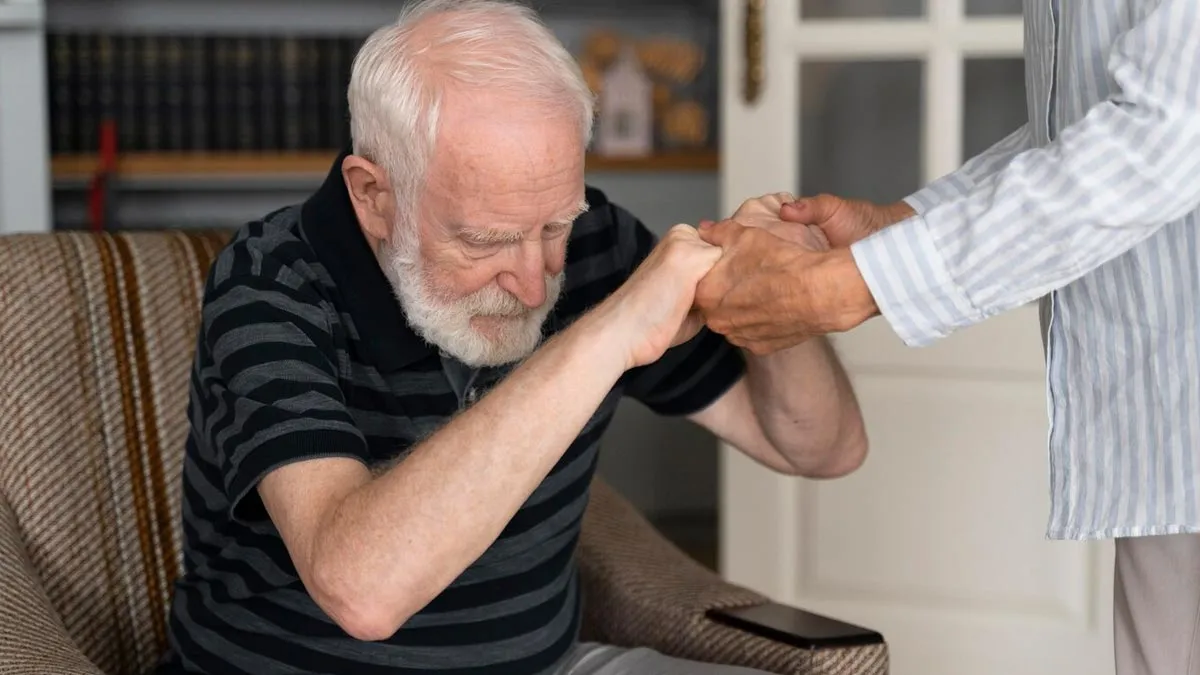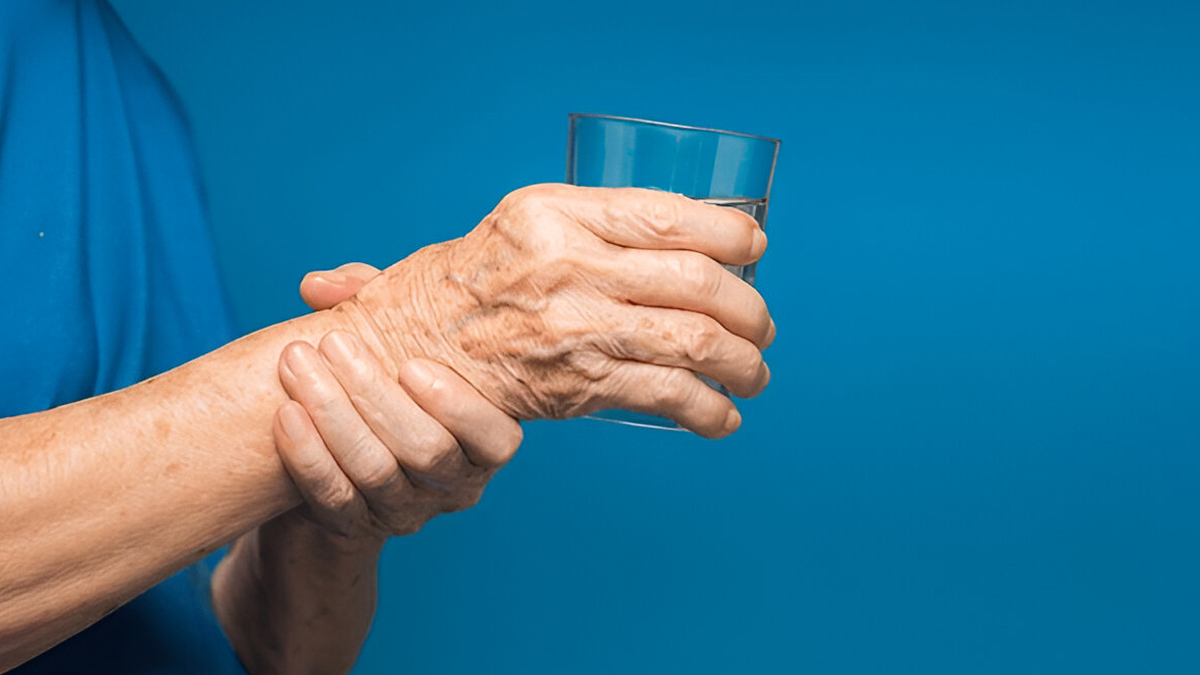
Parkinson’s Disease is a progressive neurological disorder that will eventually lead to a late or end‑stage with severe symptoms and complex care requirements. The phase needs to be addressed for patients, families, and medical teams.
Table of Content:-
We spoke to Dr Amlan Tapan Mohapatra, Consultant - Neurologist, Manipal Hospital, Bhubaneswar, who shared a guide to end-stage Parkinson's disease.
Parkinson's disease and similar disorders are movement disorders characterised by various nonmotor issues that negatively impact quality of life and create stress for both patients and caregivers. In the later stages of this disease, individuals experience significant disability, similar to that seen in end-stage cancer, according to a 2022 study.
Key Symptoms Of Parkinson's Disease

In the late stage, motor symptoms are incapacitating and minimally responsive to traditional drugs. According to a 2022 review, people with Parkinson's disease have an increasing risk of developing psychiatric complications and more severe symptoms with advancing age. Here are some symptoms shared by Dr Mohapatra:
- Immobility: The patients are often unable to walk, and the worst-hit tend to be wheelchair-bound or have to stay in bed due to extreme rigidity and bradykinesia (slowness of movement).
- Swallowing and speech difficulty: Dysphagia (difficulty swallowing) increases the likelihood of aspiration pneumonia. Speech clarity or the ability to speak at all is lost in many cases.
- Cognitive and neuropsychiatric manifestations: Dementia, psychotic experiences, such as hallucinations or psychosis, and severe depression are common and need to be managed with caution.
- Autonomic dysfunction: Symptoms may include unstable blood pressure (orthostatic hypotension), urinary incontinence, constipation, and drooling.
- Pain and sleep difficulty: Chronic pain secondary to rigidity/muscle cramps, insomnia, or fragmented sleep, causing significant impairment in quality of life.
Major Challenges While Dealing with Parkinson's Disease
- Daily needs: Feeding, bathing, moving, toileting, and caring for your child are not tasks that can be easily outsourced. This is logistically and mentally challenging for parents.
- Communication: In the absence of speech, other communication methods, such as eye-gaze systems, picture boards, or simplified yes/no cards, should be made available.
- Emotional stress: Depression, anxiety, and grief weigh heavily on patients and their families. Carers may become burnt out, isolated, or guilty.
- Medical complexity: Frequent hospital visits become routine because of infections, such as pneumonia or urinary tract infections, fractures from falls, and side effects from medication.
Care Options
-1752212609437.jpg)
- Multidisciplinary home care: Neurologists, physiotherapists, speech therapists, occupational therapists, nurses, social workers, and caregivers work together to meet the patients’ needs.
- Medications and therapy: Although the disease may be well advanced, dopaminergic drugs (levodopa) ease rigidity and tremor. Corrections must be made for adverse effects, such as dyskinesias or orthostatic hypotension. Supportive speech and occupational therapies, along with low-impact exercise, sustain comfort and function.
- Palliative and hospice care: Aimed at relieving symptoms and improving quality of life, palliative care targets pain, breathlessness, fatigue, and emotional distress. Hospice care may be appropriate if a patient’s prognosis is in months in the form of in-home or facility care.
- Medical equipment and devices: Beds, pressure mattresses, feeding utensils, toilet aids, and lift systems also help in preventing falls and maintaining independence.
Supporting Caregivers
Caregiver well-being is essential. Respite care, adult-day programs, and peer support groups are key to preventing burnout. Open communication with the medical team makes it possible for timely adjustment of care strategies.
Bottomline
Dr Mohapatra concluded, "End-stage Parkinson's presents multi-faceted challenges in medical, emotional, day-to-day, and caregiver domains. It requires a holistics, interdisciplinary strategy with robust caregiver support to preserve dignity, manage symptoms, and offer empathetic care."
[Disclaimer: This article contains information provided by an expert and is for informational purposes only. Hence, we advise you to consult your professional if you are dealing with any health issue to avoid complications.]
How we keep this article up to date:
We work with experts and keep a close eye on the latest in health and wellness. Whenever there is a new research or helpful information, we update our articles with accurate and useful advice.
Current Version